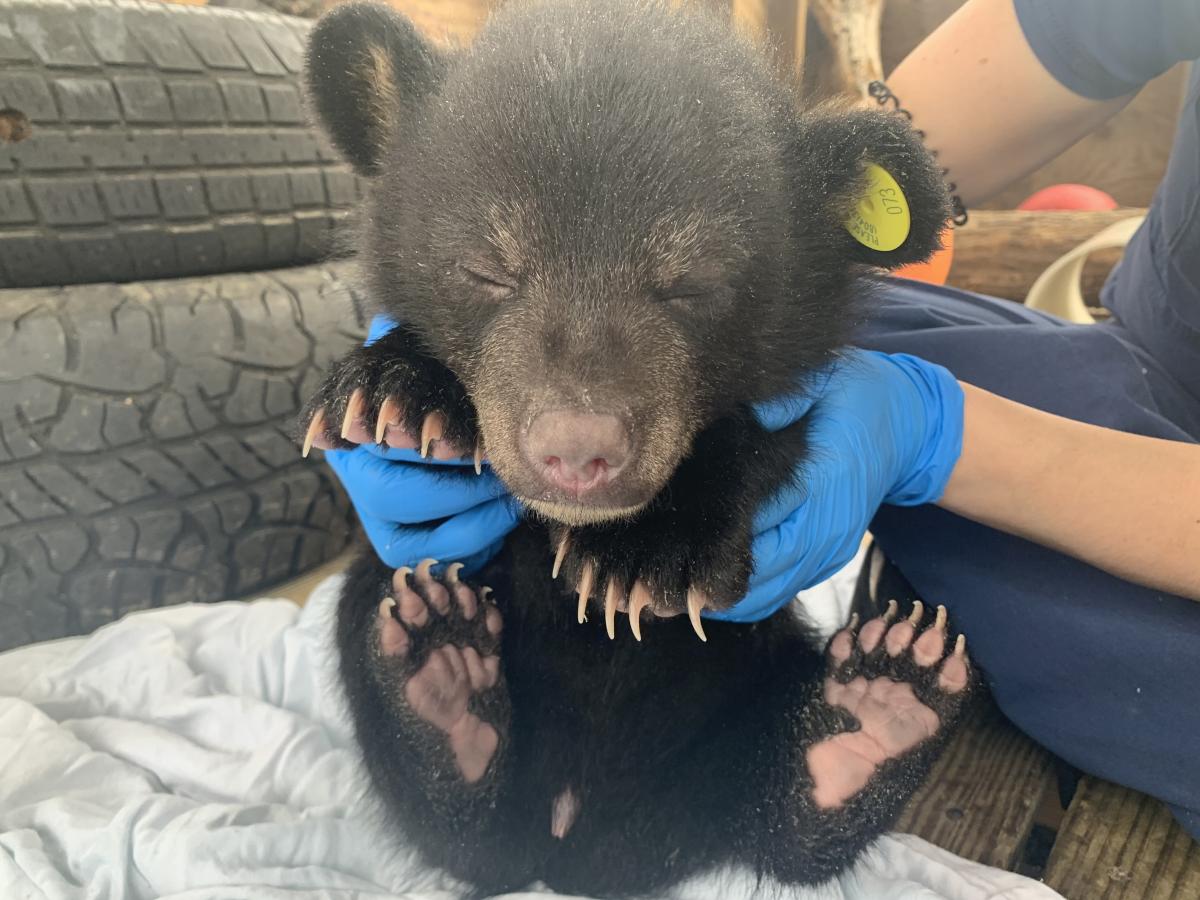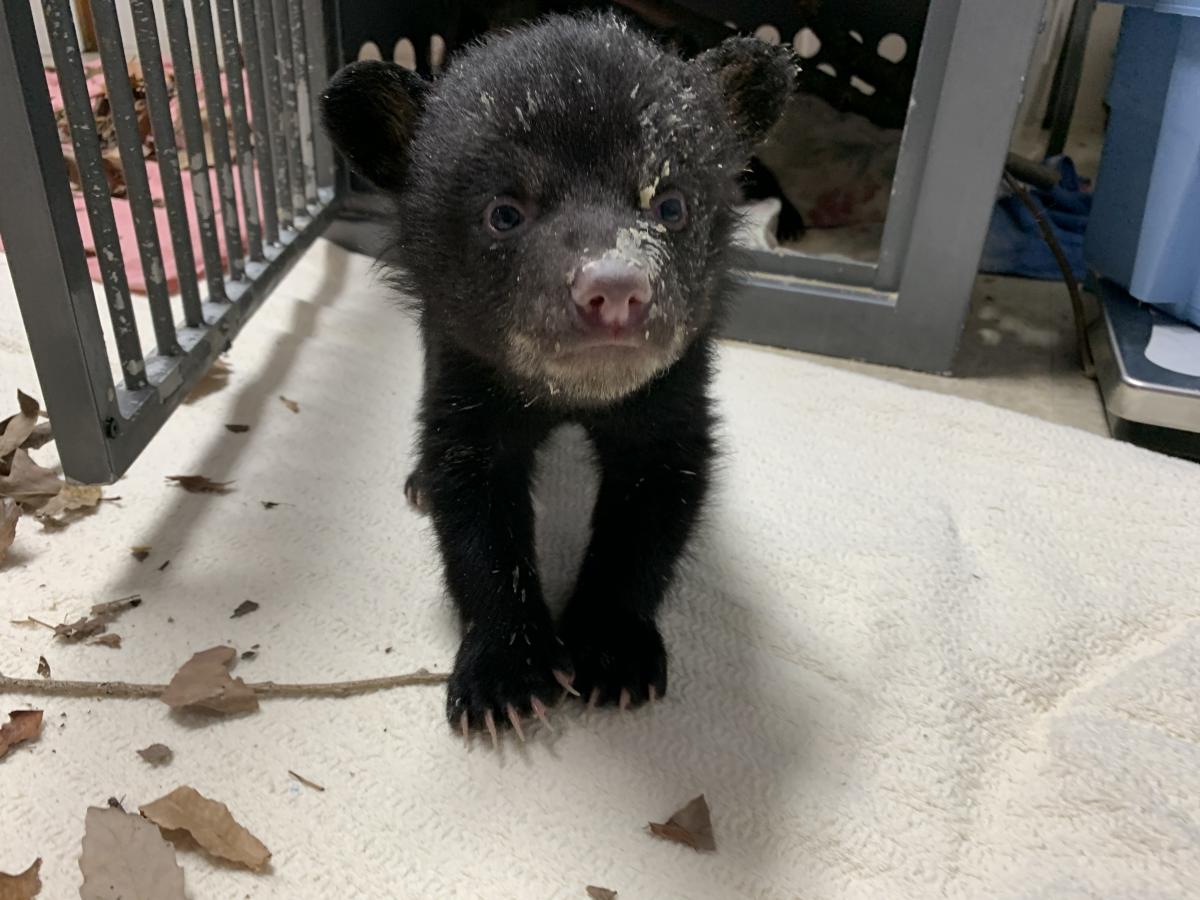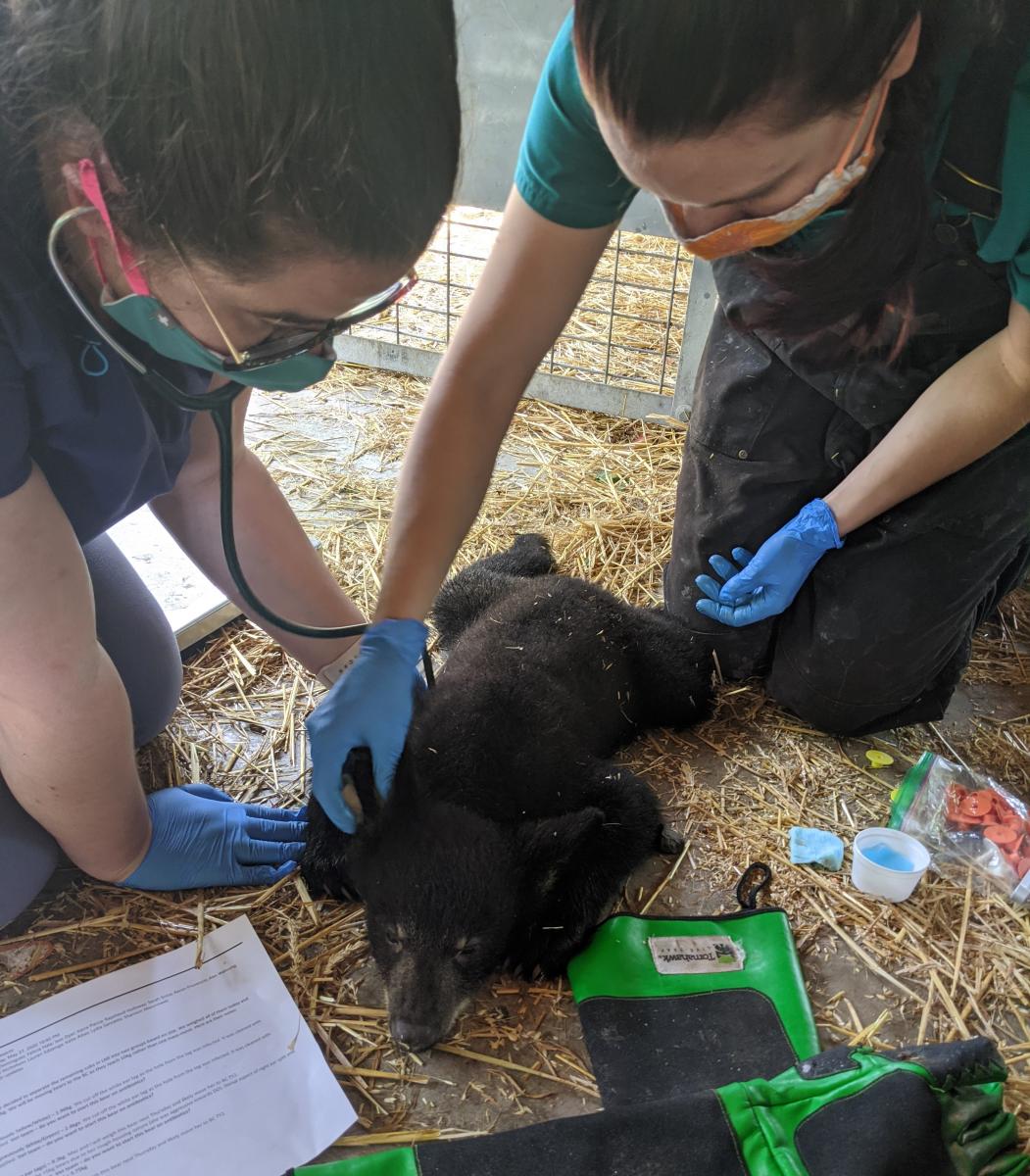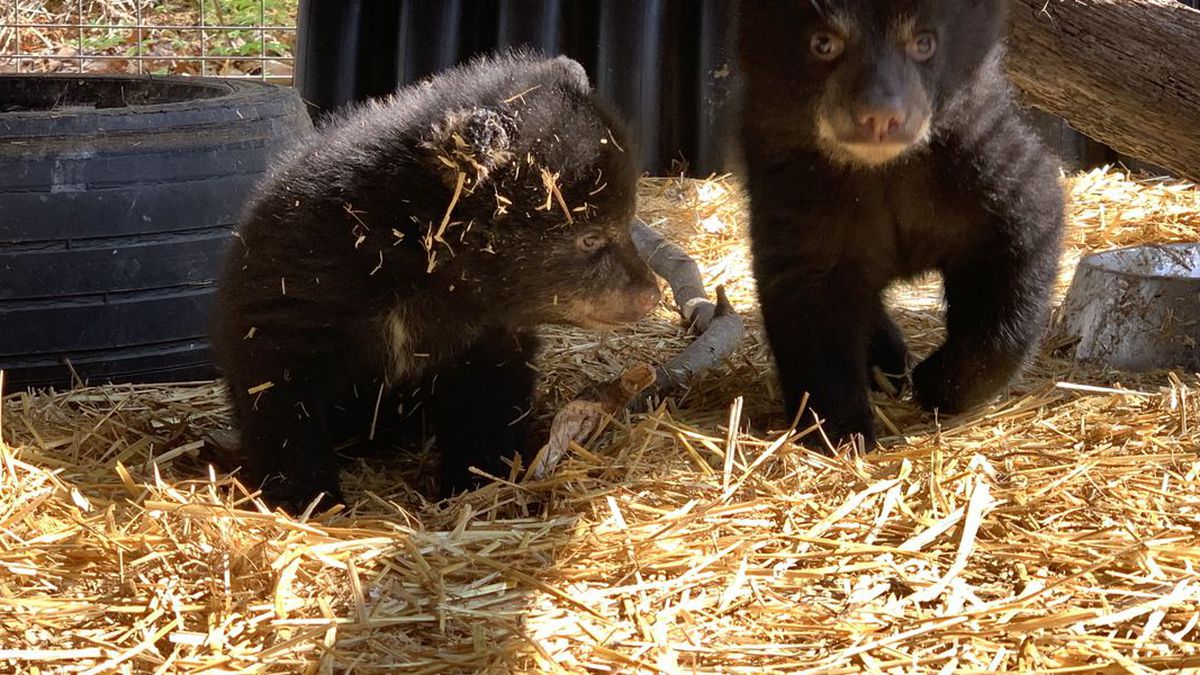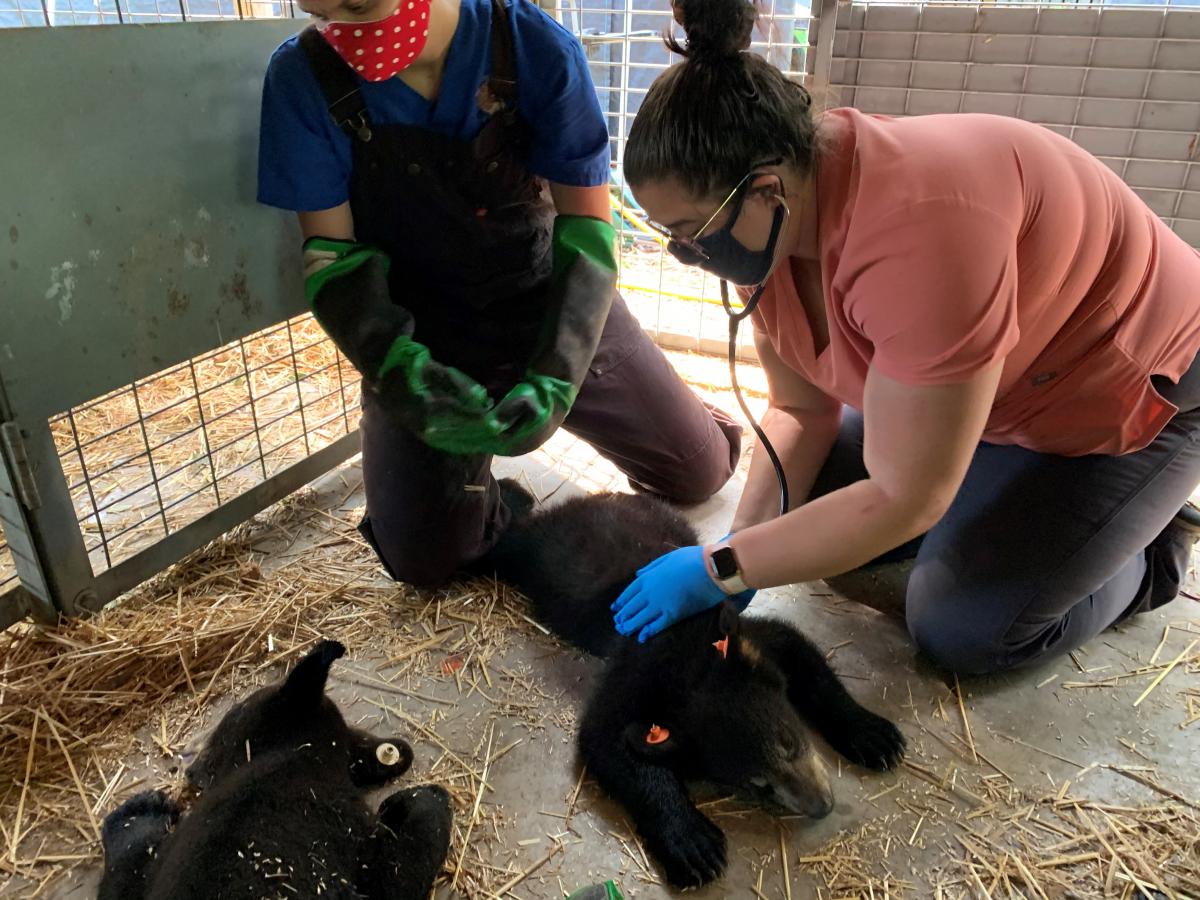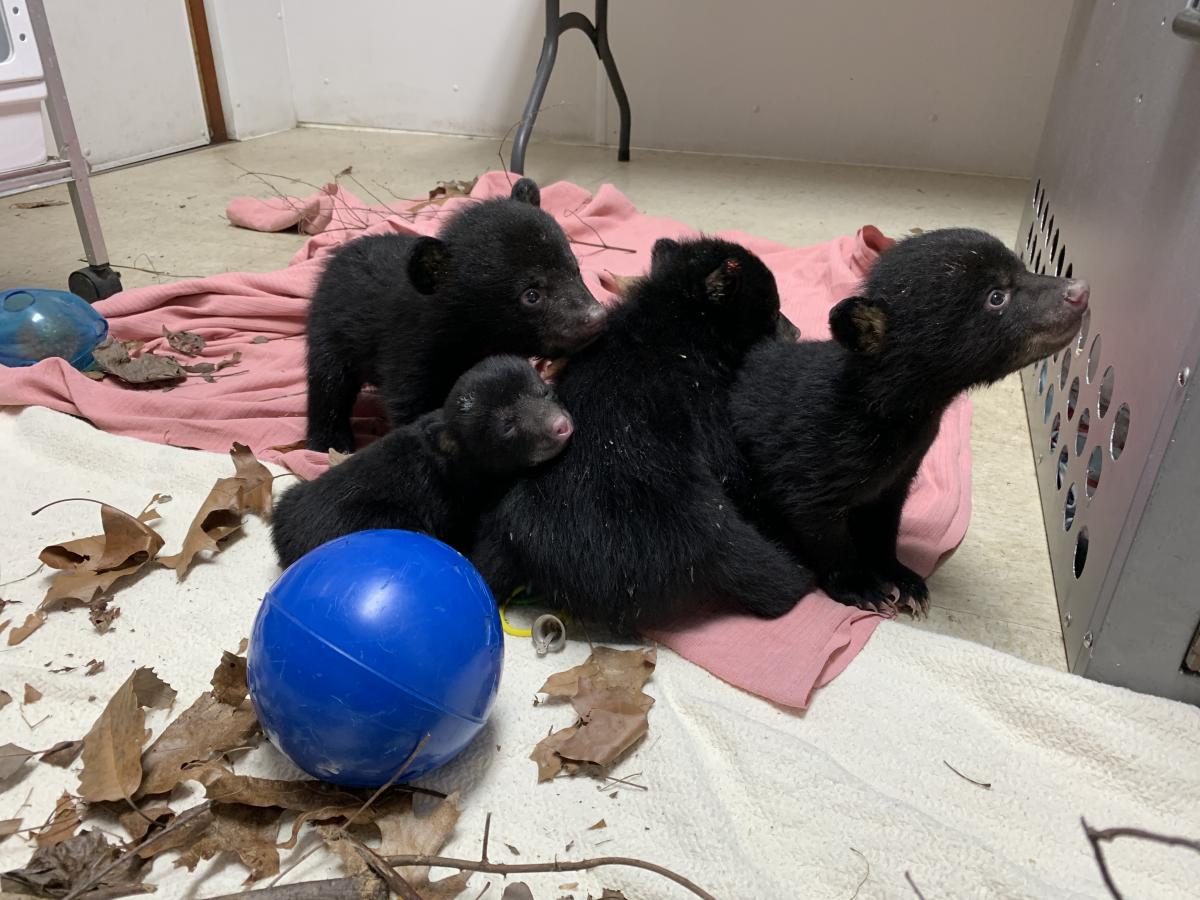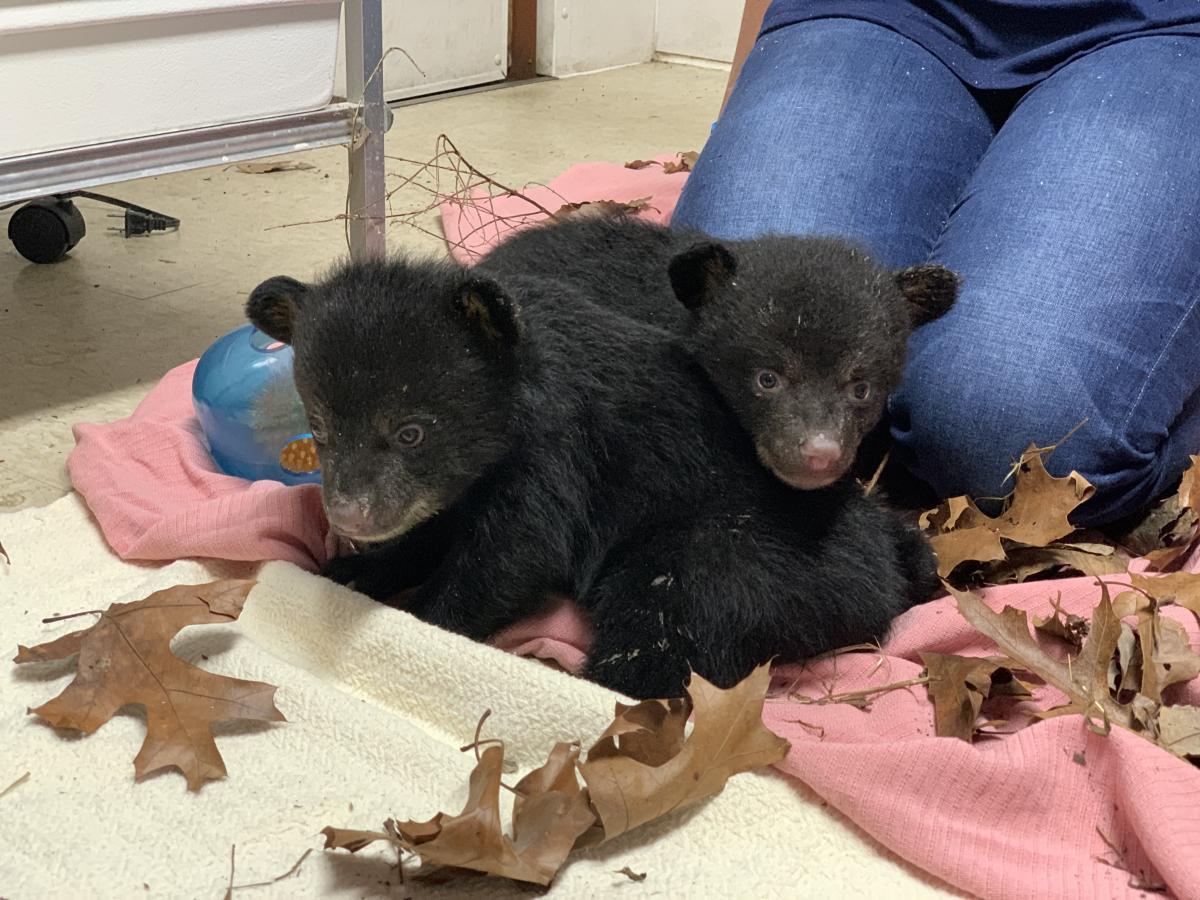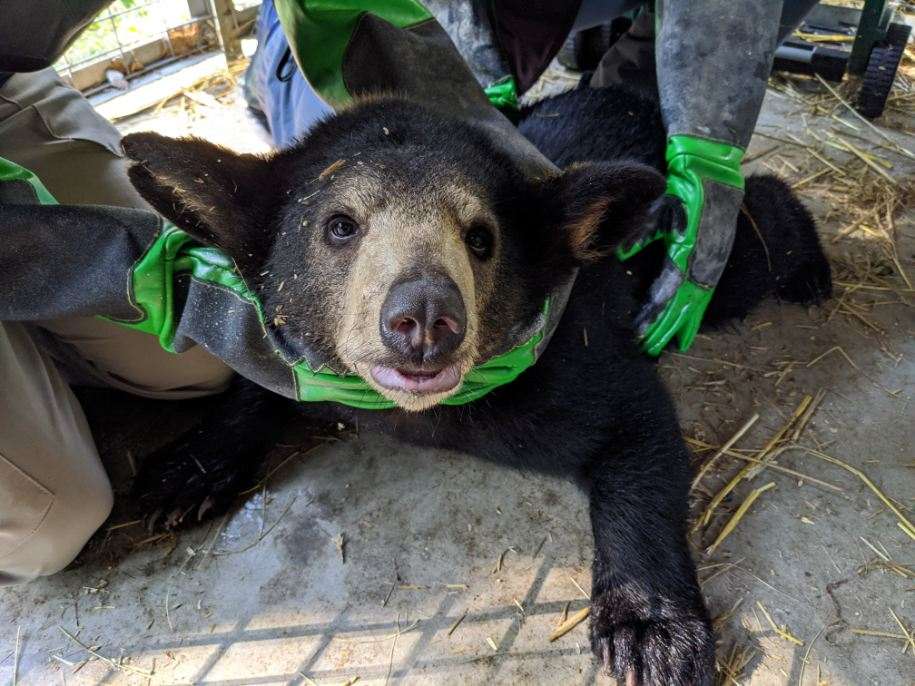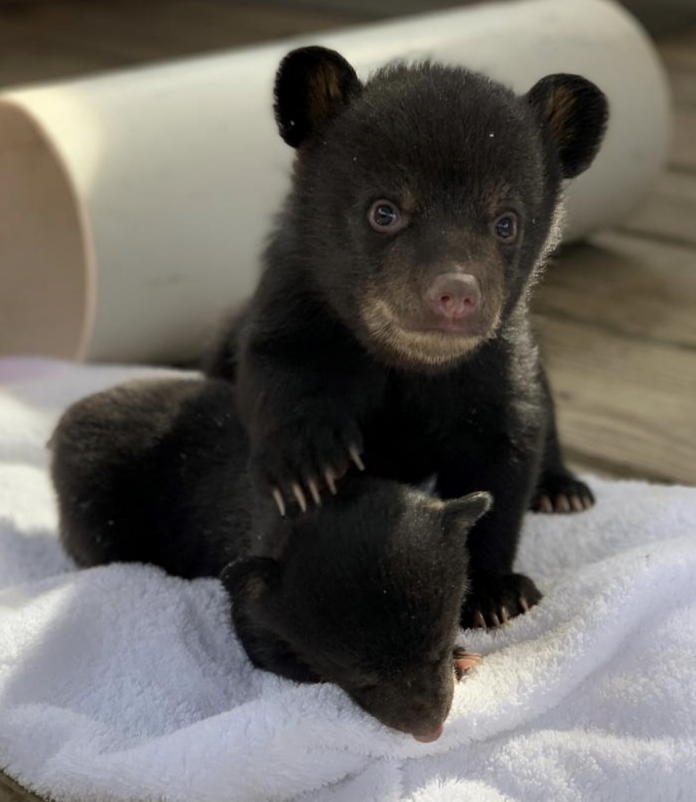
WAN Exclusive: Your Help Is Needed As 19 Orphaned & Injured Black Bear Cubs Have Been Rescued & Are Being Cared For By The Wildlife Center Of Virginia
By Lauren Lewis
You can help all animals and our planet by choosing compassion on your plate and in your glass. #GoVeg
RELATED ARTICLES
Banning Cruelty: New Legislation Aims To Ban Octopus Farming In The U.S.
New bipartisan legislation has just been introduced in the U.S. to ban commercial octopus farming and prohibit imports of farmed octopus from foreign countries.
The...
Outrage In Yellowstone! Grizzly Bear Killed By Wildlife Officials & Left With Head & Paws Cut Off
Photo by: Trisha McFarland / Cowboy State Daily
A photo of a dead grizzly bear with its head and paws cut off has caused an...
Inside Florida’s Illegal Horse Meat Trade: Undercover Footage Shows Racehorse Being Shot & Butchered
A heart-wrenching discovery of illegal horse slaughter has emerged, with video footage exposing the tragic killing of a racehorse named 'Funny Biz,' who was...
Popular stories
News
Victory! Narwhals, Orcas, Sperm Whales, Hippos, And Walruses Will Now Be Protected Under The Ivory Act In The UK
Hopeful news as five endangered CITES-listed species are set to receive greater legal protections under the Ivory Act 2018. Hippopotamuses, walruses, narwhals, orcas, and sperm...
News
JKL Freight Cited By Feds After Leaving 336 Endangered Macaques In Blazing Hot Temps On Airport Tarmac In Atlanta
Animal transport company JKL Secure Freight, a repeat offender of the federal Animal Welfare Act (AWA), was recently cited again by the feds after...
News
Four Lion Cubs & A Black Leopard Have Been Rescued From War-Torn Ukraine & Are Now Safe In Poland
Photos by Holly-Marie Cato
Four lion cubs and a black leopard cub crossed the Ukraine-Poland border last week after traveling for 36 hours to escape...

